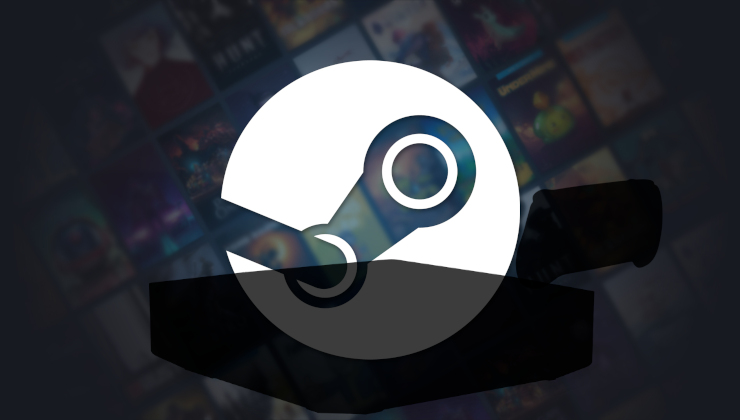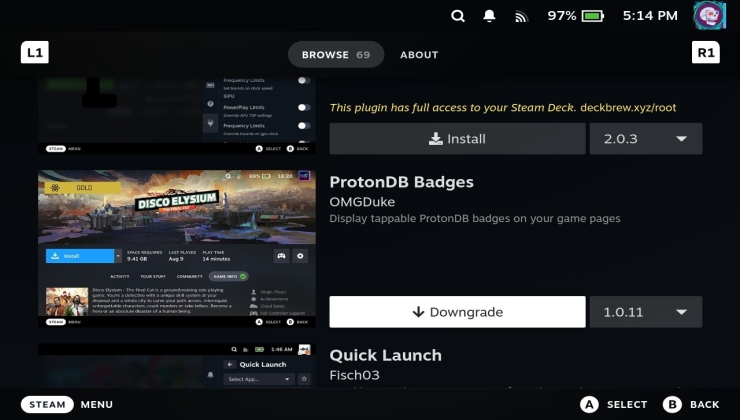AYANEO has now revealed the specifications and pricing for the Linux powered AYANEO Next Lite, which will be using the SteamOS-like HoloISO, although customized by AYANEO for the handheld.
Initially AYANEO announced it as using SteamOS, and later clarified to GamingOnLinux that it was actually HoloISO customized. I did ask what they've tweaked but they simply said "we've made some changes to adapt the NEXT LITE hardware and drivers, and I'm very sorry I can't tell you exactly at this time". So it's not a plain HoloISO install of course, they have done their own tweaks for their hardware.
Specifications:
- Pre-installed HoloISO Linux .
- 7" 800P IPS True Color Screen.
- AMD Ryzen™ 5 4500U / AMD Ryzen™ 7 4800U.
- 16GB LPDDR4x 4266Mhz RAM.
- Colour options: Pastel Blue / Bright White / Jet Black.
- "NEXT Grip" Ergonomic Grip.
- Hall Sensing Big Joysticks + Hall Triggers.
- Custom Dual-copper Pipe Cooling System.
- X-axis Linear Motor + Six-axis Gyroscope.
- 47Wh High-capacity Battery.
- Two USB 3.2 type C + One USB 3.2 type C (data only) + headphones jack.
- Weight: 720g.
- WiFi 6 / Bluetooth 5.2.
No date is actually being announced for release just yet, AYANEO simply told me "It will be officially available at the AYANEO online store in the near future" and that they "will offer exclusive early bird pricing for the first 100 customers, who can get the AMD 4500U version with 16G RAM and 512G stroage [sic] for just $299 with free shipping". For now, you can simply subscribe to their newsletter on the official page to get notified when it becomes available.
Main pricing will be $299 for the Ryzen 5 4500U with a 128GB SSD, $349 with a 512GB SSD and $399 for the model with an AMD Rzen 7 4800U. You'll be able to upgrade the storage as they say it supported up to 8TB with M.2 2280 PCIe 3.0 models.

Direct Link
What do you think to the specifications, pricing and their use of the SteamOS-like HoloISO?
Don't forget SteamOS long-standing issue with increasing storage consumption due to Proton prefixes, shader caches
Wasn't this fixed already? Caches are much smaller now and you can even delete the ones you're not using.
A. Performance isn't something something you "fix" it's something you improve. Proton will always take on more space than no Proton and always be slower than no Proton. It's why it's such a shock when it manages to outperform native Windows in some contexts. Many people use Windows as the zero line, where everything faster than Windows is "good" and everything slower is "bad".
I wasnt talking about performance, I was talking about cache sizes. The OP mentioned an issue where cache sizes would bloat and stay on the Steam Deck for a long period of time. I thought that issue got resolved in a recent SteamOS update.
I'm impressed at the pricing, and the specs seem good. It's pretty competitive.






 How to set, change and reset your SteamOS / Steam Deck desktop sudo password
How to set, change and reset your SteamOS / Steam Deck desktop sudo password How to set up Decky Loader on Steam Deck / SteamOS for easy plugins
How to set up Decky Loader on Steam Deck / SteamOS for easy plugins
See more from me